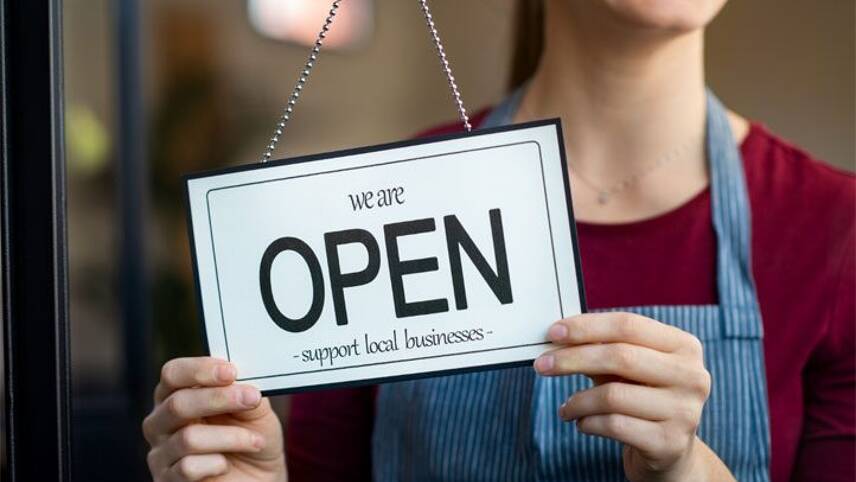Register for free and continue reading
Join our growing army of changemakers and get unlimited access to our premium content

In general
Commissioned by Lloyds Banking Group and conducted between April and May 2021, the survey polled 1,053 people who make financial decisions at their respective businesses on their attitudes to sustainability.
More than nine in 10 respondents said they see environmental sustainability as an important issue for their business and sector, with almost half (45%) stating that Covid-19 has made them think more about their business’s impacts on the environment.
But the survey also revealed that many businesses are unsure as to what best-practice in this space looks like, particularly on climate action. One-quarter of respondents said they are not aware of the UK’s net-zero commitment. 40% of respondents said they did not know what net-zero would mean for their business, with many struggling to name potential benefits.
Of the potential benefits that were listed, just one in five firms noted employee engagement and attraction. This is despite a string of surveys proving that most Millennial and Gen Z job hunters look at a company’s sustainability credentials when choosing where to apply or which offers to accept, and other research linking purpose-led business to better employee engagement and retention.
Most of the SME representatives (85%) also did not flag the net-zero transition as a potential source of new investment opportunities.
The survey found that, in general, the smaller a business is, the less likely it is to be in a position to decarbonise in line with net-zero and to reap the benefits of a low-carbon economy. 45% of the businesses with 10 to 19 employees polled said they have no commitment, nor any current plans to commit, to net-zero. This is in comparison to just 5% of the biggest SMEs polled.
Lloyds Bank’s head of ESG, SMEs and mid-corporates Glenn Bemment said that while larger medium-sized firms will have greater flexibility within their business model and a greater choice of – and influence over – suppliers, micro-businesses should strive to keep sustainability on the agenda.
“For the smallest of SMEs, many of which will be focused on their immediate needs and recovery from the impact of the pandemic, it’s important not to lose sight of the value they themselves recognise in sustainability,” Bemment explained. “Demand from government, customers, and suppliers to be ethical and sustainable will only increase and eventually become expected rather than a unique selling point.
“The good thing is that there is still time for them to act, and there are many resources available to help them understand, plan and change their business for the better. Whether it is through the Lloyds sustainability hub, government websites, or trade and industry bodies, tools and guidance are available.”
A previous piece of research, from the national standards body BSI, found that just one in five UK SMEs have a public and time-bound net-zero target, as opposed to half of large businesses.
SME support
Less than a month ago, the UK Government announced a new campaign under the UK Business Climate Hub, designed to help SMEs pledge to halve emissions by 2030 and bring them to net-zero by 2050, in line with national ambitions.
Businesses that sign up will receive climate-related support from the likes of NatWest, Google, Scottish Power and BT. They will also have their commitment, once formalised, recognised by the UN’s Race to Zero campaign.
Another initiative open to SMEs, with the hope of helping them to access the education, expertise and opportunities for collaboration needed to meet or better the UK’s 2050 net-zero target, is the Zero Carbon Business Partnership.
Net-Zero Carbon Playbook: download edie’s new business blueprint report
edie has launched a new FREE report that acts as a business blueprint of key considerations for the UK private sector to assist with efforts to reach net-zero carbon emissions.
Produced in association with Centrica Business Solutions and featuring input from the Climate Group and edie’s Countdown to COP26 Festival partner O2, the report provides this unique insight and inspiration on decarbonising all major sources of private-sector emissions, also outlining how businesses can use their voice and influence to lead the net-zero transition.
Download the Net-Zero Carbon Playbook report here.
Sarah George


Please login or Register to leave a comment.